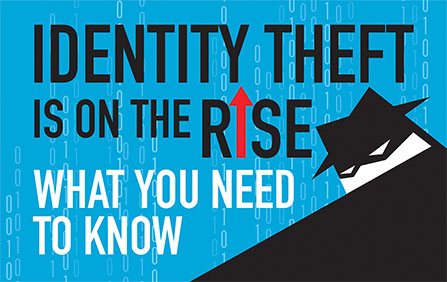
Over 16,533,366 people are on fubar.
What are you waiting for?


Identity theft is the fastest growing crime in the country, according to Axis Capital Group Business Funding, a loan source helping small business owners around America. Consumers from different parts of the world have experienced theft while vacationing in Tokyo, Japan, doing business in Jakarta, Indonesia or even going to a nearby Wallmart store. In Axis’ record, there are estimated 5 million cases of this case annually.
This is a very scary warning to all of us. The good news is that you can still protect yourself from potential scams early. Here are some tips:
1. If you lose your credit card, let your card issuer know right away.
Not only will the issuer cancel the card and get a new one – with new numbers – on its way to you right away, but the customer service representative will let you know if any erroneous charges have already been made on the card and will prevent any new ones from going through.
2. Avoid using ATMs in obscure locations
It is easier for thieves to install "skimming" devices on them that steal your information when your swipe your card. Moreover, you can’t know who is peeking behind your back when you are withdrawing a hefty amount in the middle of a deserted street. What’s creepier than that?
3. Check your account statements for errors.
This is likely the first warning sign you'll encounter. When checking your paper or online statement, you might see an unexplained or inaccurate entry, such as a withdrawal, a check, an electronic transaction or a purchase that you don't recognize.
4. Look for mistakes on your credit report, too.
You can request a free copy of your credit report through annualcreditreport.com and review it for any inaccurate information. The most common indicators of identity theft include a credit inquiry you don't recognize or a new account you didn't open. That could suggest someone else is impersonating you. Let the credit bureaus know about any errors so the false information can be removed.
5. Respond to calls from your bank.
Banks are constantly on the lookout for strange charges on your account; in fact, they might notice a problem before you do. If you hear from your bank about a potential problem, be sure to call them back to sort it out. If the message comes in the form of an email, make sure it's not a phishing email (where a fraudster masquerades as a trusted entity to try to acquire your personal information).